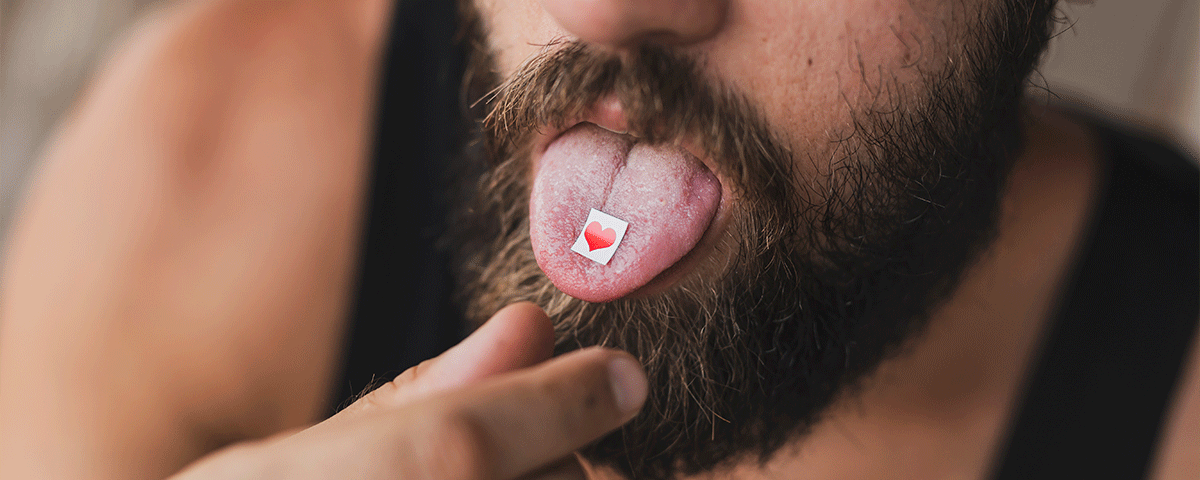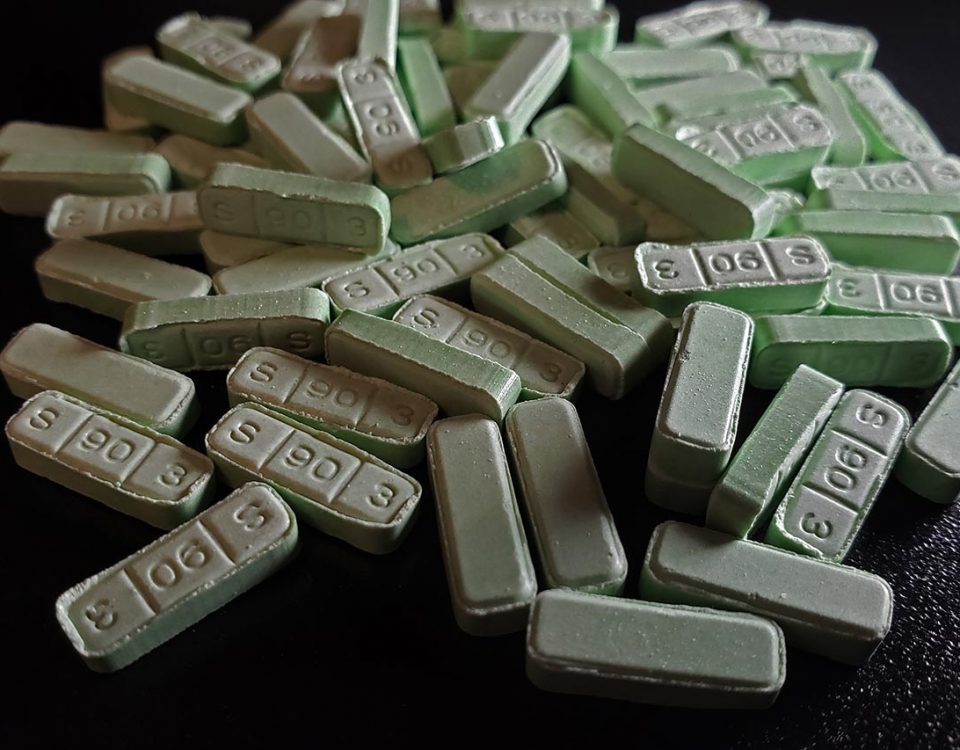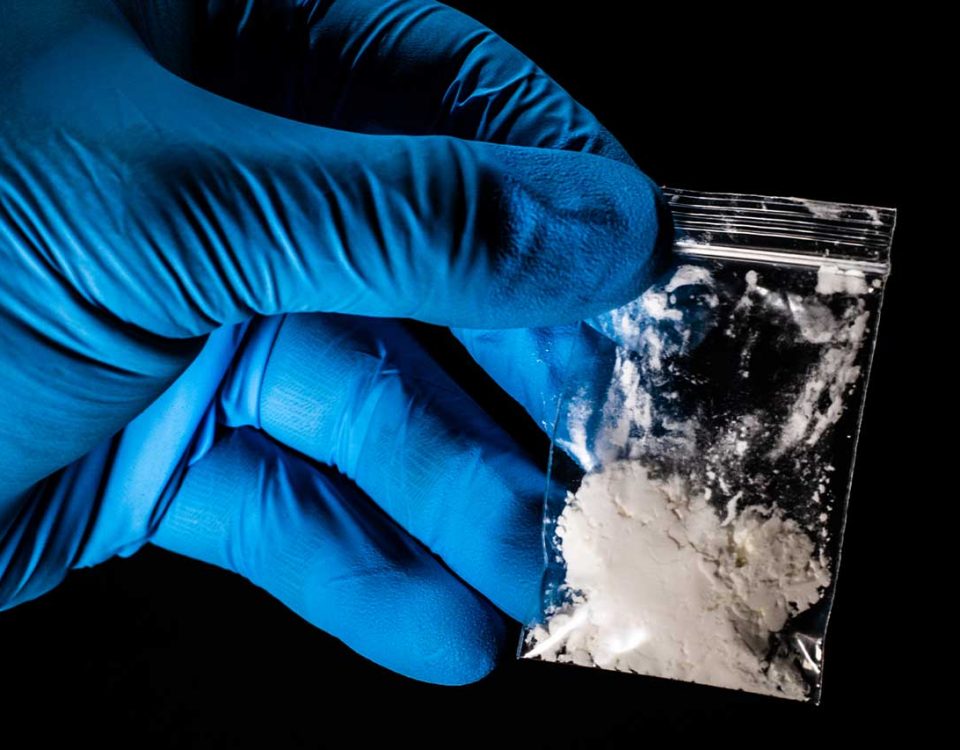Also known as acid, lysergic acid diethylamide (LSD) is a hallucinogenic drug that’s recreationally used for its mind-altering side effects, including altered thoughts, perception of time, feelings, and awareness of one’s surroundings.
It can also produce both auditory and visual hallucinations. During an “acid” trip or LSD high, users have reported experiencing any number of stimuli, including vivid colors and shapes, visual apparitions, and more. Although it can be extremely dangerous, is it possible to overdose on LSD? Our Banyan rehab in Massachusetts believes so, and we’re sharing why.
LSD Facts
Also referred to as acid, LSD is a potent psychedelic that rose to prominence in the counterculture movement of the 1960s. Swiss scientist Albert Hofmann created it for the first time in 1938. LSD's potency is one of its most surprising qualities; it is effective at incredibly low doses, requiring only 20 to 30 micrograms (a few salt grains) to produce perceptible effects that can continue for up to 12 hours.
When discussing facts about LSD, it is crucial to recognize its impact on perception and cognition. When consumed, LSD interacts with serotonin receptors in the brain, causing significant changes in mood, cognition, and sensory perception. Enhanced colors, vivid and strong visual hallucinations, and synesthesia—where the senses collide and cause people to "see" sounds or "taste" colors—are all reported frequently by users. Depending on who is seeing them and the environment in which they are occurring, these effects can be both breathtaking and frightening.
It is vital to remember that the effects of LSD can be both immediate and long-lasting. Short-term use of LSD can cause a variety of emotional states, including euphoria, transcendence, anxiety, and panic. These outcomes are incredibly unexpected and might differ greatly between people. Additionally, a number of variables, including the user's attitude, expectations, and surroundings, might affect how an individual experiences LSD.
Long-term LSD abuse does not result in physical dependence, but heavy and frequent use may cause psychological dependence and may result in persistent psychosis or hallucinogen-persisting perception disorder (HPPD), a condition in which users may continue to experience flashbacks of the drug's effects even after stopping use.
Can You Overdose on LSD?
Yes, you can overdose on acid. However, the term “overdose” means something slightly different when discussing whether you can overdose on acid. Many people associate drug overdoses with immediate death, but this doesn’t always happen. A drug overdose is greatly defined by its symptoms. For instance, most people who overdose on opioids experience respiratory depression. Opioid-related overdose deaths are usually the result of severe and untreated symptoms. With that being said, not only can you overdose on LSD, but you can also die from it if symptoms are severe enough.
However, an acid overdose is also called a “bad trip.” A bad trip is characterized by a combination of physical, psychological, and emotional symptoms that can be debilitating, uncomfortable, and dangerous to users. LSD is one of the most controversial drugs in the world, and research on its mechanism of action and side effects is scarcer than research on drugs like opioids or benzos. This lack of research means that the symptoms of LSD overdose are still being studied and are unpredictable, making this drug all the more dangerous to use.
How Much LSD Does It Take To Overdose?
LSD is taken recreationally by placing LSD-soaked paper in the mouth. LSD is usually taken in micrograms (1,000 micrograms equates to 1 milligram). Although this is significantly lower in dosage compared to other drugs of abuse, it’s still just as potent and dangerous. The standard dose of LSD is believed to be anywhere between 10 and 500 micrograms. This number fluctuates depending on the person’s tolerance to the drug. LSD can create tolerance, meaning a person who uses LSD more often will slowly have to increase the dose they take to experience the same high or trip. It takes more than 1,000 micrograms of LSD to overdose, sometimes less, depending on the user’s physical tolerance to the drug. If you’ve developed a tolerance to acid, you’re more likely to experience an overdose from taking higher doses. To safely flush out your system and prevent overdose, get the help of detox treatment.
What Happens if You Overdose on LSD?
The real danger of LSD abuse is in the person’s actions while on the drug. While an acid overdose is less likely to kill someone, the drug’s side effects can be deadly. Acid highs create dissociative behavior, which produces symptoms like disconnection and lack of continuity between thoughts, memories, surroundings, actions, and identity. Because they are unaware of themselves, these individuals have been known to subject themselves to dangerous situations without even realizing it. As a result, LSD-related deaths are mostly due to the person’s behavior while high versus LSD overdose signs and symptoms.
One study found that long-term administrations of Gabapentin alone did not cause memory loss or memory impairment. Knowing the LSD signs of overdose can help you prevent a dangerous and deadly outcome. Especially if you know someone who uses acid regularly, it’s important to be able to recognize these signs.
Acid trip symptoms can begin within a few hours after use. LSD side effects can range from mild to highly uncomfortable and even scary. Because this drug produces a lot of hallucinations, users often experience anxiety when high.
Bad acid trip symptoms include:
- Increased core body temperature
- Excessive sweating
- Dilated pupils
- Numbness of the body and extremities
- Muscle spasms or convulsions
- Decreased appetite
- Anxiety and nervousness
- Mood swings
- Flashbacks
- Paranoia
- Suicidal thoughts and behaviors
- Impaired judgment
- Risky behaviors
- Nausea and vomiting
- Increased heart rate
- Dry mouth
- Tremors or shaking
- Insomnia
- Blurred vision
- Weakness
- A distorted sense of time
- Visual and auditory hallucinations (seeing or hearing things that aren’t real)
- Mixed senses (“seeing” sounds)
- Intensified sense of smell and hearing
- A sense of spiritual connection or out-of-body experiences
The Long-Term Effects of Overdose and LSD
Acid trips can go from bad to worse within minutes. While most LSD overdose symptoms go away after 24 hours, some can become permanent. Psychosis can become a permanent symptom of using LSD, especially in individuals with mental disorders or a family history of mental illness. However, even individuals without such a predisposition can be similarly affected as well.
Though death by acid overdose is rare, this drug is still deadly. Although uncommon, a person can die from the symptoms of an LSD overdose. The higher the dosage taken, the more likely the individual will experience adverse physical and mental reactions. Even at typical doses, the psychedelic effects of LSD can lead to permanent brain damage and mental illness.
Every acid trip results in varying degrees of impaired judgment, dissociative behavior, and loss of inhibitions. Knowing the difference between right and wrong and recognizing consequences or danger in this state is nonexistent. The most dangerous aspect of LSD use is the individual’s potential and likelihood of injuring themselves.
If you realize that someone is overdosing on LSD, call 9-1-1 immediately. In the meantime, try your best to calm the person. Long-term LSD use can result in permanent brain damage, mental illness, and a variety of other issues. Any form of substance abuse can threaten the condition of a person’s relationships, health, and career. Drugs like acid can also open the doorway to other substances of abuse, some of which may be even more harmful. If you or someone you know has a drug problem, Banyan Massachusetts can help.
Call us now at 888-280-4763 for more information about our Massachusetts addiction treatment options and how they can help you or a loved one achieve sobriety.
Related Readings:









